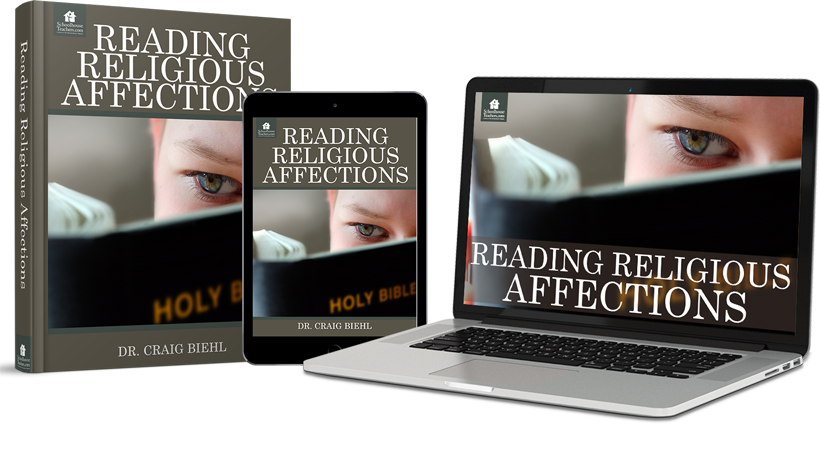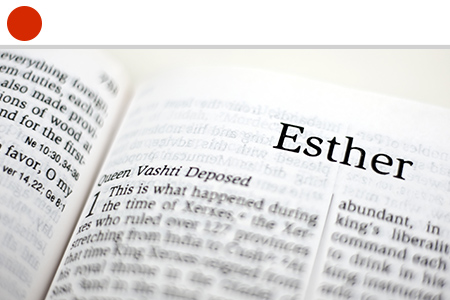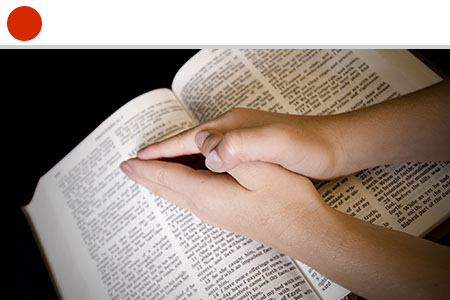Welcome to Our Reading Religious Affections Study Guide and Homeschool Curriculum
Who was Jonathan Edwards? What did he believe? Through twenty comprehensive units, Dr. Biehl answers these questions and more while studying Jonathan Edwards’ book Religious Affections. The Reading Religious Affections course challenges students to dig deeper into Scripture while examining the arguments raised in the book and pondering various questions and points for discussion.
Stay organized and confident in your homeschool journey with the Homeschool Records Center and Schoolhouse Gradebook. Simplify record keeping, track progress, create transcripts, and meet state requirements with printable tools and expert guidance—all in one convenient place.
External links may be included within the course content; they do not constitute an endorsement or an approval by SchoolhouseTeachers.com of any of the products, services, or opinions of the corporation, organization, or individual. Contact the external site for answers to questions regarding its content. Parents may wish to preview all links because third-party websites include ads that may change over time.
Para traducir cualquier página web, haz clic en los tres puntos o líneas en la esquina superior derecha de tu navegador, o haz clic aquí para más información.
Reading Religious Affections
*Ultimate Membership Only*
Length: 20 units
Content type: Text based
Grades: 11–12
Dr. Craig Biehl, PhD
Related Classes You May Enjoy








































